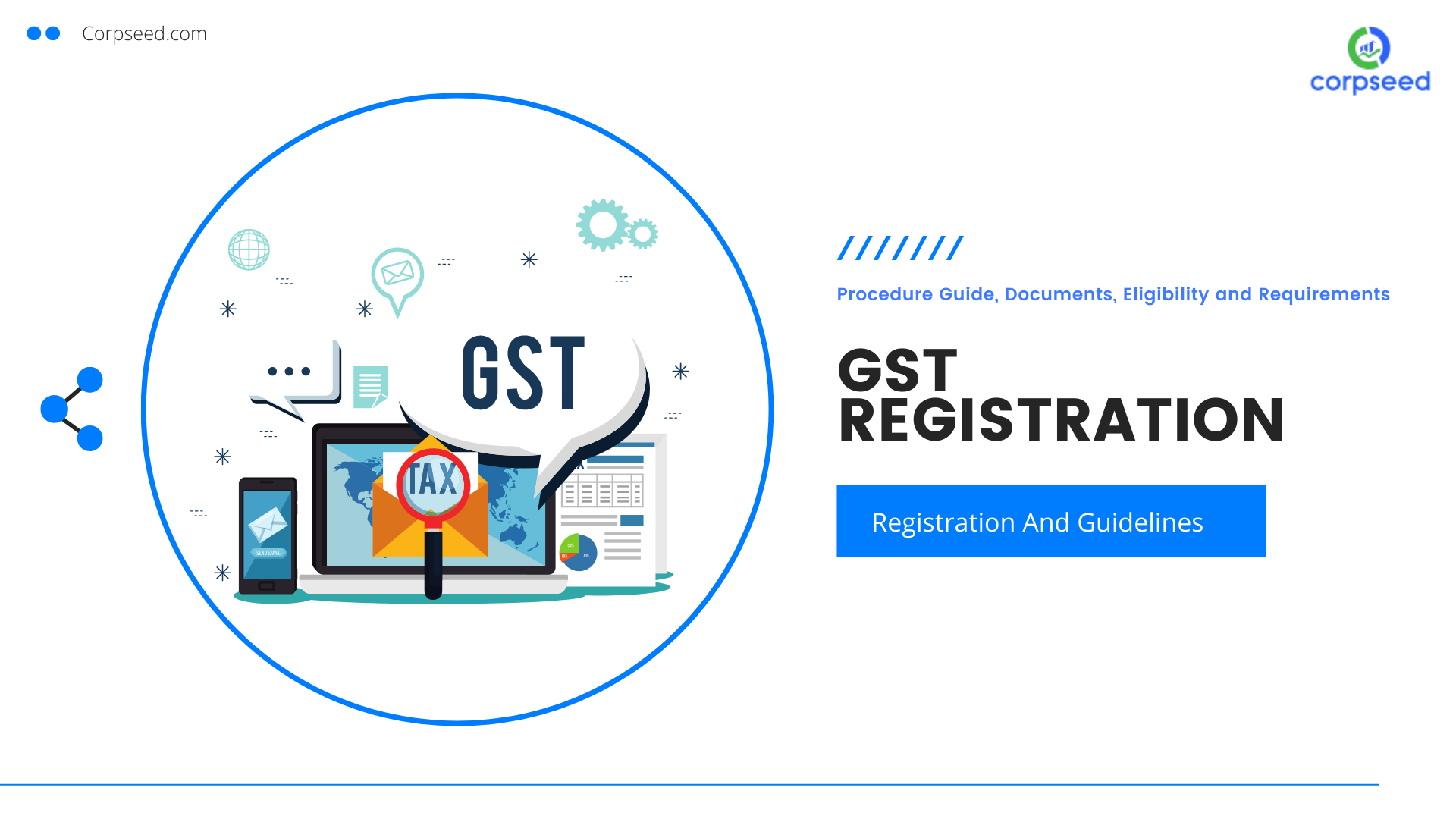Economical Choices for the Best GST Registration Services in Singapore
Economical Choices for the Best GST Registration Services in Singapore
Blog Article
From Beginning To End: The Ultimate Roadmap to GST Registration for Businesses Seeking Financial Stability
Browsing the intricacies of Goods and Provider Tax (GST) registration is a critical action for companies aiming for economic stability. Damaging down the roadmap into convenient actions can simplify the registration trip for services looking to enhance their monetary standing.
Recognizing GST Basics
Looking into the fundamental principles of Item and Solutions Tax Obligation (GST) is important for getting a thorough understanding of its effects on services and the economy. GST is a value-added tax obligation imposed on the majority of items and solutions for domestic consumption. It has changed numerous indirect taxes that existed in the pre-GST period, simplifying the tax framework and boosting convenience of doing business in India. Under the GST system, both solutions and products are exhausted at a particular price, which is established based on their classification. Organizations are called for to register for GST if their annual turn over goes beyond the threshold restriction established by the federal government. Input Tax Obligation Credit Report (ITC) is a considerable feature of GST, permitting services to claim credit rating for tax obligations paid on inputs, minimizing the total tax obligation burden. Understanding the essentials of GST is important for businesses to follow tax laws, manage their funds efficiently, and add to the nation's economic growth by taking part in a transparent tax obligation system.
Qualification Criteria for Registration
To register for GST, services have to fulfill details qualification requirements established by the government. The main eligibility requirement is that any company included in the supply of products or solutions with an annual aggregate turnover above the threshold limitation set by the authorities need to sign up for GST. Since the existing laws, the threshold limitation for GST registration is a yearly accumulation turn over of 40 lakhs for businesses operating within a state, with the exception of special category states where the limit is 20 lakhs. In addition, certain organizations are called for to register for GST irrespective of their turn over, such as interstate distributors, laid-back taxable individuals, and services responsible to pay tax under the reverse charge device. It is critical for services to thoroughly assess their turn over and deal types to establish their GST registration obligations properly. Failure to sign up for GST when eligible can cause penalties and lawful repercussions, making it important for businesses to follow the defined eligibility criteria.
Records Needed for Registration
Having actually satisfied the eligibility criteria for GST enrollment, services need to now ensure web link they have the requisite papers in location to proceed with the enrollment procedure effectively. The documents required for GST enrollment generally consist of proof of organization constitution, such as partnership act, enrollment certification, or incorporation certificate for various kinds of services. Additionally, organizations need to give files developing the principal area of company, such as a rental arrangement or electrical power costs.
Step-by-Step Registration Refine
Beginning the GST enrollment process entails a series of structured actions to guarantee a smooth and compliant registration for services. The very first step is to check out the GST site and complete the registration kind with exact details of business entity. Following this, the applicant receives a Momentary Reference Number (TRN) which is utilized to resume the application process if it's not completed in one go.
Following, all required documents according to the checklist given by the GST portal demand to be uploaded. These documents commonly include evidence of company registration, address and identity proofs of marketers, financial statements, and company entity's frying pan card.

Post-Registration Conformity Guidelines

Conclusion
Finally, companies seeking monetary stability must understand the basics of GST, satisfy eligibility requirements, collect essential documents, follow the detailed registration process, and abide by post-registration standards - Best GST registration services in Singapore. By sticking to these steps, services can make sure compliance with tax obligation laws and preserve monetary stability in the future
Furthermore, certain organizations are needed to sign up for GST regardless of their turnover, such as interstate suppliers, informal taxed individuals, and organizations responsible to pay tax under the reverse charge device.Having actually met the qualification criteria for GST registration, companies should currently ensure they have the requisite documents in area more information to proceed with the enrollment process successfully. The papers required for GST enrollment generally consist of proof of organization constitution, such as partnership act, registration certification, or unification certificate for various types of services. Additionally, services require to offer records establishing the major place of organization, such as a rental agreement or electricity expense.Starting the GST registration procedure involves a series of structured actions to guarantee a certified and seamless enrollment for businesses.
Report this page